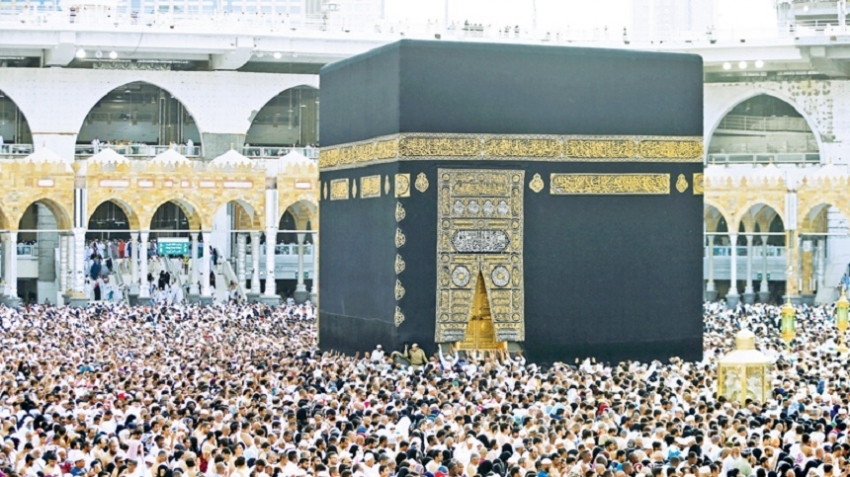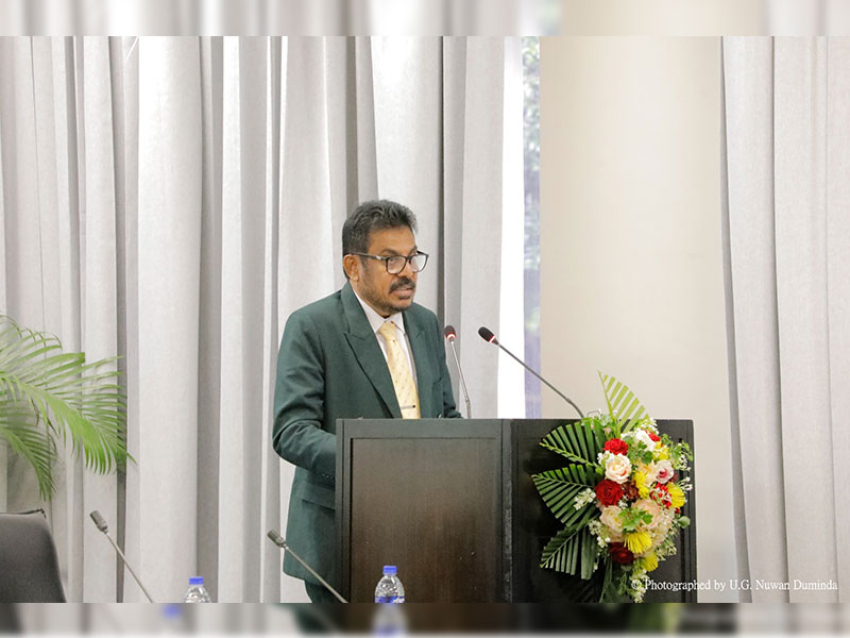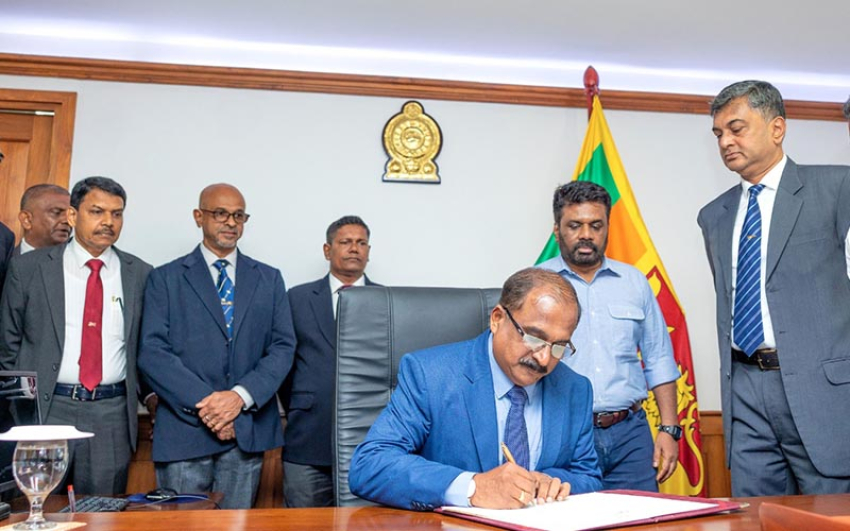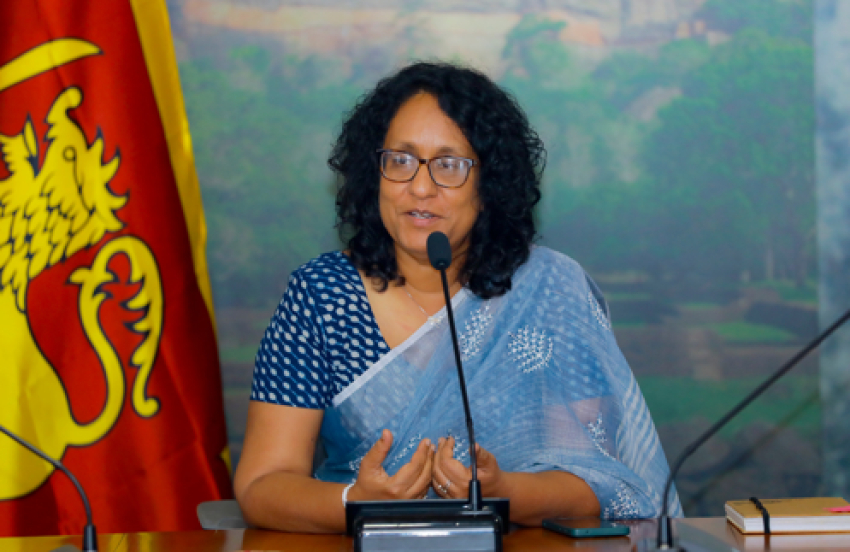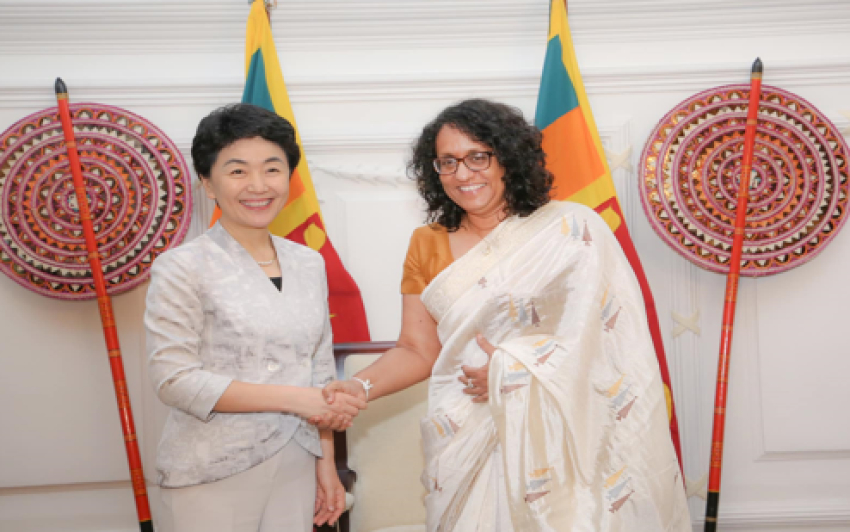History of the Hajj?
Muslims believe Prophet Muhammad (PBUH) is the last messenger of Islam after the prophets like Adam, Idris, Nuh, Hud, Salih, Ibrahim, Luth, Ismail, Ishak, Yakub Yusuf, Ayub, Shuaib, Musa, Haroon and so on. So that the Muslims while following a route the Prophet Muhammad once walked, the rites of hajj are believed to ultimately trace the footsteps of the Prophets Ibrahim and Ismail. Muslims believe Prophet Ibrahim’s faith was tested by Almighty Allah (SWT) commanding him to sacrifice his only son Ismail. When Prophet Ibrahim was prepared to submit to the command, Almighty Allah stopped it sending a sheep through the angel Gabriel (PBUH) to sacrifice instead.
Pilgrimage to holy city of Makkah is Hajj. Hajj is one of the five pillars of Islam and all Muslims are required to perform hajj once in their lifetime if they are physically fit to do the pilgrimage to Makkah and with financial affordability to cover whole cost of the journey. According to the teaching of Islam, the hajj is seen as a chance to wipe clean past sins and it gives an opportunity to start lives fresh. When performing hajj, pilgrims circle around the holy Kaaba counter –clockwise seven times – which is called ‘Thawaaf’ in white dress called ‘Ihram’.
Importance of Kaaba
The ‘Kaaba’ meaning ‘Cube’ in Arabic, is considered by Muslims to be the house of Allah; it rests within the Grand Mosque of Makkah. Holy Kaaba has a long history. According to Muslim traditions, Prophet Adam (PBUH) built the original Kaaba and later this structure was destroyed during the great flood, leaving behind nothing but the foundation.
The current structure was rebuilt by Prophet Ibrahim (PBUH) and his son Prophet Ismail (PBUH) and it is considered the Qibla which means the direction of prayers. Muslims perform prayers pointing toward the Kaaba. The exterior of the Kaaba is usually covered with a large black silk and cotton veil called the ‘Kiswah (robe) that has Quranic verses embroidered with gold thread on it. Each year a new one is created and prior to 1927, it was provided by Egyptian artisans who brought it with them in a pilgrimage caravan that travelled from Cairo. Muslims do not worship the Kaaba, but it is only centralised direction when perform prayers.
‘Ihram’- White dress code
Millions of pilgrims from around the globe who gather each year in the holy city of Makkah wear simple white garments which are intended to strip distinction of wealth and status. Women wear plain white loose-fitting clothing and headscarves and men drape themselves in seamless, unstitched white terrycloth garment. These white garments are called ‘Ihram’. The white garments (Ihram) are forbidden to contain any stitching – a restriction meant to emphasize the equality of all Muslims and prevent wealthier pilgrims from differentiating themselves with more elaborate garments.
Festival of Sacrifice
Hajj festival is also known as ‘Festival of Sacrifice’ because of the sacrifice of Prophet Ibrahim (PBUH) when His faith was tested by Almighty Allah (SWT) ordering him to sacrifice his only son Ismail (PBUH) as an act of obedience. Ismail (PBUH) was the only son born to Ibrahim and his wife Hajara in their old age after years of longing for a child. Then Almighty Allah wanted to test his faith ordering him to sacrifice his son Ismail. On the order of Almighty Allah (SWT), just as Prophet Ibrahim (PBUH) was about to sacrifice his son, Allah (SWT) stopped Him and sent him a sheep through angel Gibrael (PBUH) to sacrifice instead. This version also described in holy Bible (Old Testament) where the name of Ibrahim is known as Abraham. Muslims honour this by sacrificing (qurbani) animals - on Eid-ul-Adha hajj festival day every year symbolising Prophet Ibrahim’s willingness to sacrifice his son as a sign of devotion to Almighty Allah.
Festival of harmony
Muslims begin this special day with morning prayers at mosques dressed in their best clothes, and praising for Almighty Allah and also making special prayers for their parents, relatives, friends and their loved ones whoever passed away. And also they pray for the harmony of other communities in all faiths and the prosperity of the country. And then they visit their family members, relatives and neighbours whether they are Muslims or non-Muslims spending time with them sharing happiness offering with meals and sweets.
Eid - ul - Adha Hajj Festival also commonly known as ‘Eid’ among communities of other faiths in the country and now it becomes a social connotation to build close relationship with the communalities in other faiths. Many Muslim charity organisations work hard in helping needy people whether they are Muslims or non-Muslims as per the teachings of Islam building strong neighbourhood of other communities. Especially Muslims meet poor and vulnerable people and also the people hospitalised for illnesses without colour, race or religion to share happiness on this special day sharing food and providing new clothes for them. Therefore, it is essential to make this ‘Eid’ to help each other without any religious or cultural barriers to make harmony among other communities.
Treating neighbours
There are lots of examples and authentic incidents from the life of Prophet Muhammad (PBUH) and his teachings on social and communal harmony to respect other religions and faiths with dignity. The Prophet Muhammad said, “You are not a believer until you love for your brother what you love for yourself” (Sahihul Bukhari). According to the teaching of Prophet Muhammad (PBUH), Muslims invite their neighbours and friends to spend some time with them. In this sense, Eid promotes social harmony with other communities. So it is a time to share the happiness of Eid with people of other religions meeting them and sharing the luscious food and sweets.
Holy Qur’an also teaches us how to treat the people of other faiths with dignity and respect when we are living in a multicultural society. According to Prophet Muhammad’s teachings, he said “show mercy towards all on this earth, the one who is above the heavens will bestow mercy on you” (Sahihul Bukhari). Therefore, the Holy Qur’an describes Prophet Muhammad (PBUH) as “a source of mercy to all creation” (21:108).
Festival of humanity
It’s a celebration it should plant in our heart the spirit of sharing and caring the people in other societies as well. It’s a festival to celebrate with the whole community regardless of faith and also to come together and celebrate the fabric of humanity. Happiness, harmony and respect for all. To encourage cohesion. Eid celebrations give the Muslims an opportunity to bond each other, share happiness, make memories and most importantly make communal harmony when living in a vibrant multicultural society like Sri Lanka.

